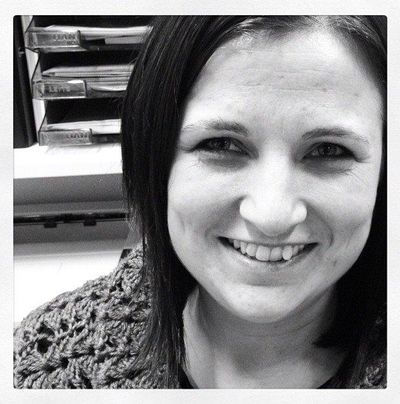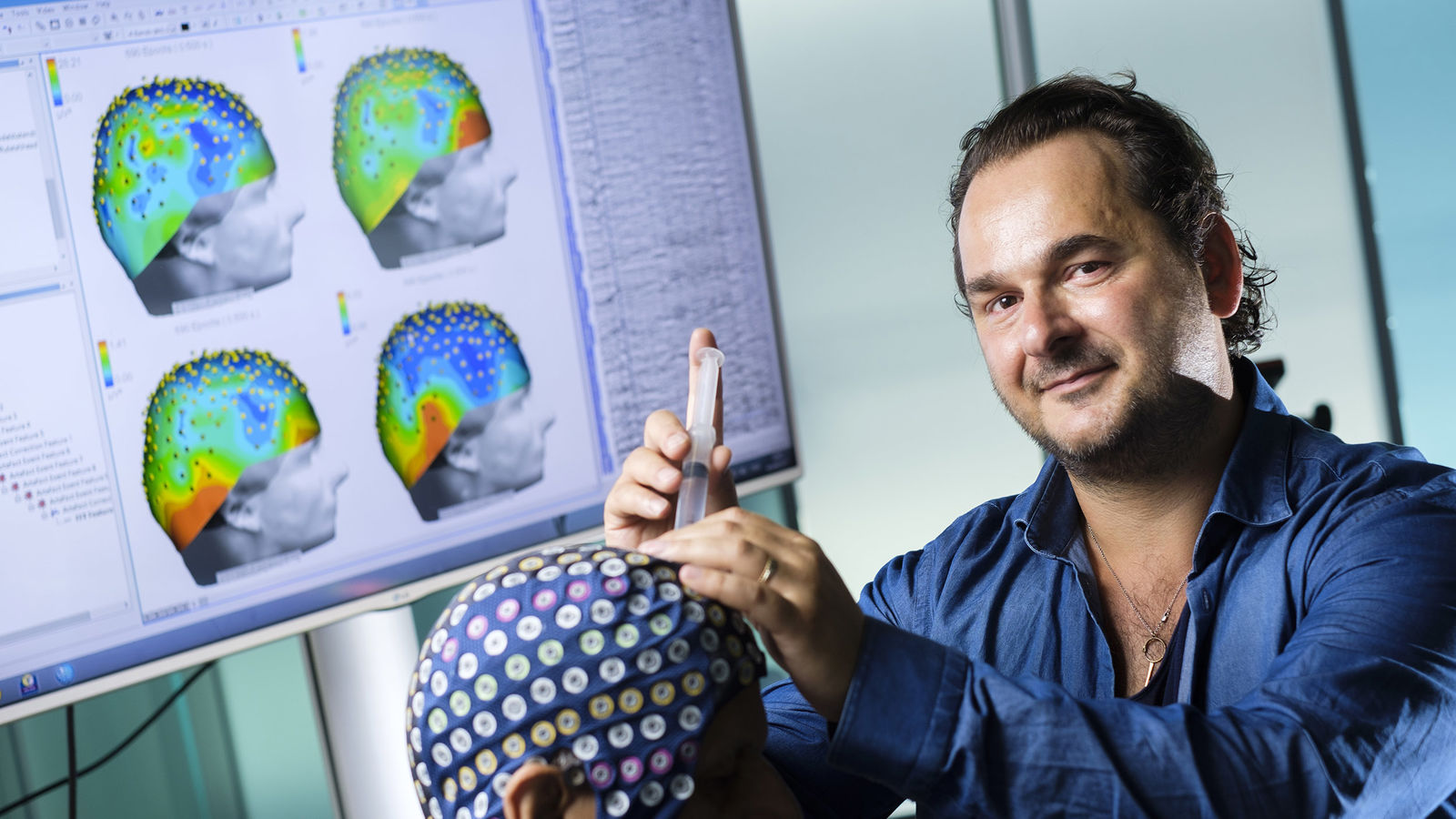MSc Biomedical Engineering
An interdisciplinary programme that trains our graduates in applying modern engineering methods to understand, modify and control biological systems with the goal of improving health and quality of life.
Overview
Technology is playing an increasing role in every industry, especially the health sector. Humanity has never been healthier, and this in no small part due to advances in biomedical technologies. Today, understanding and overcoming health-related challenges requires multidisciplinary professionals who thrive in both biomedical and engineering environments. At RU, we understand this.
Our MSc in Biomedical Engineering specialise though not only courses taught by the Department of Engineering but from other departments as well. Students may as well be expected to take courses and participate in research at our partner universities.
Credits
120 ECTS.
Language
Language of instruction is English.
Length of study
Two years, full time.
Research
Research is conducted within research centres in cooperation with Landspitali University Hospital, industry, and other departments within RU.
Biomedical Research Centres at RU
Sample Research Themes
- Biomechanics
- Neuroengineering
- Bioelectronics
- Biosignals
- Imaging and Modelling
Careers
Our aim is to improve human health through excellence in research and education, integrating engineering with biology, neuroscience and medicine.
Graduates from our programme enter the workforce with the knowledge and expertise needed to excel in various specialities, including prosthetics, artificial organs, biometrics systems, medical devices manufacture, clinical engineering, rehabilitation, sport science and tissue engineering.
Chartered Engineer
The programme is designed to meet the curriculum requirements for the professional title of chartered engineer, as defined by the Ministry of Industry and the Association of Chartered Engineers in Iceland (Icelandic: Verkfræðingur).
After successful completion of the programme the student is awarded the degree Master of Science in Biomedical Engineering, and is eligible to apply for the title of Chartered Engineer in Iceland.
Structure
The MSc in Biomedical Engineering is a 2 year programme (120 ECTS). The first semester is composed of mandatory courses (33 ECTS). This is followed by one or two semesters of electives and a thesis equivalent to one semester (30 ECTS). This structure forms a coherent line of study and provides students with both the breadth and depth of knowledge needed to specialise in their field. In exceptional cases the thesis work may cover two semesters (60 ECTS), wherein stringent requirements are placed to ensure a level of scientific rigour and quality of research.
The programme is structured in three modules, where study and research work is expected to interlace. A major part of the electives must form a coherent line of study, based on the students interest and in preparation of the thesis work. Proposed study plans for each student need to be approved by the department faculty and thesis adviser.
| Year 1 | Year 2 | |
|---|---|---|
| Fall |
|
Various possibilities:
|
| Spring |
|
|
Biomedical Engineering Electives
-
Neuro-electrophysiology
-
Tissue engineering
-
Mechanics of prosthetic devices and tissue
-
Electrical stimulation and neuromodulation
-
Neurodynamics and neurostimulation
-
Biomedical signal and image processing
-
Special topic in biomedical engineering
-
Research oriented project in biomedical engineering
For more information on what courses are offered each semester, visit RU's online Course Catalogue.
Admission
- A BSc degree in a field of Engineering is required.
- Applicants must also fulfil minimum requirements in applied sciences (i.e. mathematics, physics, and bio-sciences) and in basic subjects fundamental to Biomedical Engineering (i.e. physiology, bio-signals and clinical applications, or other core topics in biomedical engineering). Students admitted to the MSc-programme that do not fulfil these minimum requirements are required to take appropriate fundamental courses in biomedical engineering.
-
English Language Requirements
Applicants must provide proof of their proficiency in English. A minimum TOEFL test score of 550 is required (213 in the computer-based test, 79 in the internet based test) or an IELTS score of at least 6.0. (both general and academic accepted) -
Language Requirement Waiver
The requirements stipulated above will be waved for the following circumstances: The applicants native/mother tongue language is English, the applicant is an Icelandic citizen and has completed the Icelandic general students exam, the applicant has studied towards a higher education degree and the language of instruction was English (minimum requirement 3 years full-time), for which certificate from the university will be required to confirm this. - Although the programme is designed for students who have completed a BSc in Biomedical Engineering, students with BSc degrees in other disciplines of Engineering will be considered, on the condition that they complete required courses that are fundamentals to biomedical engineering.
Apply
Contact us
For any further information please do not hesitate to contact us.
Department of Engineering Office: vfd@ru.is




